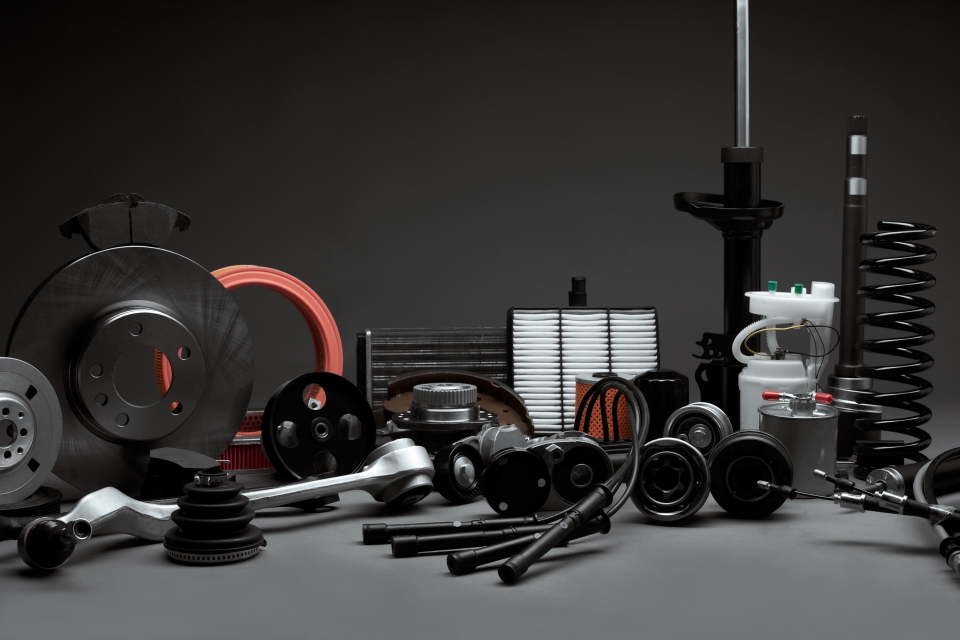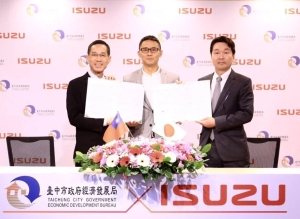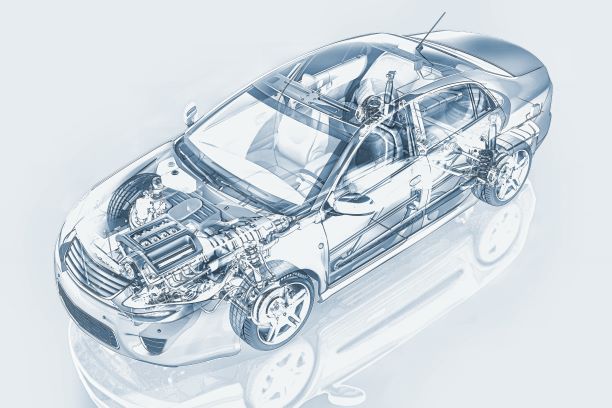The Auto Component Market in Taiwan 2020
2020/03/26 | By CENS
According to the survey data released by ITRI's Industrial Economics and Knowledge Center, there are currently about 86,000 employees in the automotive parts industry in Taiwan, and 2,549 component manufacturers, including about 300 original equipment manufacturers and 200 companies with factories in China. Due to the China-U.S. Trade War in 2018, it severely impacted the automotive supply chain around the world. Although Taiwan is also an important part of the international supply chain, Taiwanese firms are reducing their dependence on China-based manufacturing facilities since last year. Coinciding with President Tsai Ing-wen’s reshoring initiative, some of the Taiwanese manufacturers have moved their factories to Taiwan. Last year, the export value in the first eleven months reached NT$196 billion.
Covid-19 Spreading Through the Auto Industry
Wuhan, in Hubei Province where the viral outbreak began, is one of the major auto production hubs in China, hosting production facilities for several major domestic and international manufacturers such as Honda, Nissan, Renault, and General Motors, along with many auto parts suppliers. Before the outbreak, there was a sharp slowdown in the Chinese auto market. By 2019, auto sales in China fell for a second consecutive year in 2019 and to the lowest in five years.
The spread of the pneumonia epidemic has not only led to a further slump of the Chinese auto market but also the halt of production. Market analysis generally believes that in recent years there is little hope of the auto market’s recovery. Bloomberg News cited a study that pointed out that if the auto industry is halted until mid-March, many major car manufacturers such as GM, Nissan, Honda, Renault, Hyundai, Daimler, and even electric car Tesla, will likely see overall production fall 32%, more than expected. CNN also reported that the epidemic not only hit the auto market, but also severely damaged the global supply chain, and will further derail the auto production system. However, most Taiwanese factories have a low revenue share in mainland China, therefore the impact of the epidemic on Taiwanese factories is limited.
Taiwan’s Auto Parts Industry is Sought-After Globally
Expecting a continuing growth in Taiwan, Japanese car manufacturer Isuzu Motors Ltd, will build its first overseas manufacturing base for eco-friendly commercial vehicles in Taichung City, with a multi-billion New Taiwan dollar investment, and is slated to create 200 high-end jobs. According to the company, operations will begin in 2021, with a research and development center also to be established in the future. As Japan’s top truck maker, Isuzu produces a wide range of vehicles such as trucks, buses, sport utility vehicles as well as industrial engines, exporting to over 120 countries and regions worldwide. Isuzu's Overseas Sales Minister stated that Taiwan is a very valuable partner to expand its overseas footprint. The firm feels very honored to be able to build its brand of factories in Taiwan, with hopes of bolstering the local economy, while deeply cultivating the performance of the Isuzu brand in Taiwan's market after the establishment of the factory.
Taiwan, a Major Global Player in Auto Parts

Over 80% of Taiwanese auto parts manufacturers are exporting their components overseas, with the main export destinations are the United States, Japan, China, and the United Kingdom. Among them, the US exports account for more than 40%, which shows the importance of the United States to the Taiwan auto parts industry. Europe has also become a popular destination; in 2017, the ratio of exports to Europe accounted for nearly 30% of total auto parts exports. For example, the exports to Germany in 2017 are valued at US$188.6 million, an increase of 27.96% compared to the same period in 2016. Also, Taiwan is the twenty-fourth largest importing country for the Italian auto parts industry. The cumulative import value in the first three quarters of 2018 was 110.18 million euros, a decline of 8.7% compared to the same period in 2017, accounting for 0.93% of the whole import market in Italy. Taiwan's auto parts industry has continued to maintain its competitiveness in the global market due to the advantages of high-mix, low-volume and flexible production, an established solid market share with excellent after-sales service, competitive pricing, and stable quality.





